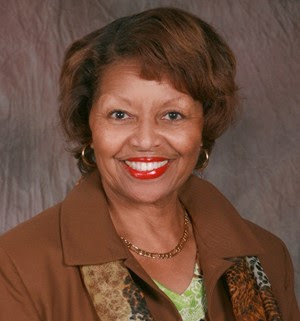Editor’s Notes: As we reported in mid-March, UO Professor Emerit Jennifer Freyd shared with us an important update on her pay equity court case (funded in part through the AAUW Legal Advocacy Fund). Jennifer has sent us additional updates since then! We will continue to post updates in our Branch News column as she shares them. Below is the latest news.
July 16, 2021
Dear Colleagues,
I’m pleased to share with you this statement issued jointly by the UO and me:
Professor Emerit Jennifer Freyd and the University of Oregon are pleased to announce that we have settled our lawsuit after more than four years of litigation. Under the settlement, the University will pay Prof. Freyd and her attorneys $350,000 to cover her claims for damages as well as attorney’s fees over the four years of litigation. In addition, the University will make a $100,000 donation to the Center for Institutional Courage, the foundation founded by Prof. Freyd dedicated to scientific research and action promoting institutional courage.
We are pleased to put this litigation behind us and together affirm our continued commitment to uncover, acknowledge, and address gender inequity and other forms of discrimination.

 Virtual Lobby Day was held via Zoom on Thursday, March 18. First, Trish Garner gave a tutorial titled “Tips for Communicating with Legislators” that was full of practical advice such as how to find out what’s in front of the Oregon legislature, how to prepare for a conversation with a legislator, how to find out who’s in favor and who’s opposed, how to identify a legislator’s staff, how to present your information, how to listen to what the legislator is saying (nuance is important!), and how to close the conversation. It’s important to be prepared – not only with what you want to say, but with information or data to counter opposition.
Virtual Lobby Day was held via Zoom on Thursday, March 18. First, Trish Garner gave a tutorial titled “Tips for Communicating with Legislators” that was full of practical advice such as how to find out what’s in front of the Oregon legislature, how to prepare for a conversation with a legislator, how to find out who’s in favor and who’s opposed, how to identify a legislator’s staff, how to present your information, how to listen to what the legislator is saying (nuance is important!), and how to close the conversation. It’s important to be prepared – not only with what you want to say, but with information or data to counter opposition.